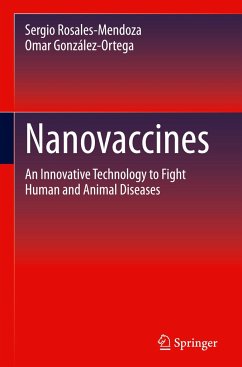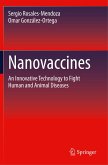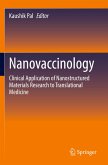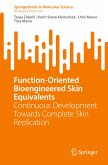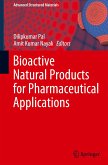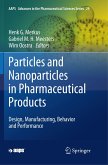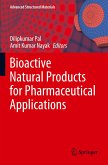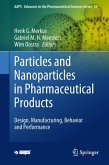This book provides a compilation of the current developments in mucosal nanovaccines, which are an attractive approach to fight against infectious and non-communicable diseases. Since nanomaterials possess unique properties; many of them have a positive effect on vaccine efficacy when used as antigen carriers and have been applied in vaccinology with significant advances over the past years. This book addresses the methodologies for mucosal nanovaccines synthesis; based on the following nanomaterials: gold, PLGA, silica, and chitosan nanoparticles; as well as nanogels, carbon nanotubes, liposomes, and Virus-like particles. A description of the immunogenic properties of the mucosal nanovaccines is presented, highlighting the improvements achieved with this approach when compared to conventional formulations. Mucosal vaccines constitute the most practical immunization approach since they are easy to administer (promoting patient´s comfort and increasing compliance), allow triggering relevant immune responses at both the site of administration and distant compartments, and thus may protect the main entry portal for pathogens (oral, nasal, and genital mucosae). In this context, the potential of nanovaccines to result in new mucosal formulations in the benefit of global health is analyzed.
Covers the synthesis and functionalization of nanomaterials for the development of nanovaccines;Discusses the underlying mechanisms involved in the induction of immune responses through mucosal compartments and the advantages of nanomaterials in the formulation of nanovaccines;Transmits the state of the art for the development of mucosal nanovaccines;Provides routes for the design and evaluation of mucosal nanovaccines;Presents key perspectives for the field of mucosal vaccine development.
Covers the synthesis and functionalization of nanomaterials for the development of nanovaccines;Discusses the underlying mechanisms involved in the induction of immune responses through mucosal compartments and the advantages of nanomaterials in the formulation of nanovaccines;Transmits the state of the art for the development of mucosal nanovaccines;Provides routes for the design and evaluation of mucosal nanovaccines;Presents key perspectives for the field of mucosal vaccine development.

